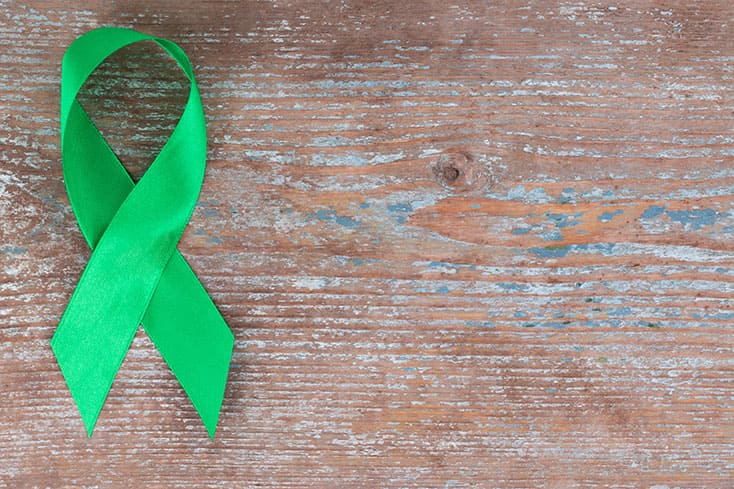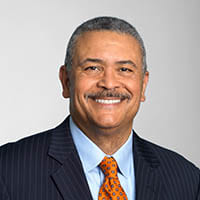October 08, 2021
By Daniel H. Gillison

The theme of World Mental Health Day this year is “Mental Health Care for All: Let’s Make It a Reality.”
Why is this theme important?
Well, did you know that the average delay between symptom onset of a mental illness and treatment is 11 years? That means if someone is diagnosed with schizophrenia or bipolar disorder at 14, they are unlikely to receive help until age 25.
If we were talking about a physical health condition, that long of a delay would be unthinkable. Can you imagine if you broke your leg and couldn’t find help to fix it for 11 years?
There are so many barriers people face when they seek care for their mental health: stigma, cost, lack of culturally competent treatment and a shortage of providers often prevent people from getting the help they deserve. In a time when we are facing not only a physical pandemic, but also a widespread increase in mental health conditions, tackling these barriers is more critical now than ever before.
That’s why for Mental Illness Awareness Week (MIAW), we focused on how we can advocate for better access to quality mental health care. Each day throughout the week we highlighted people’s lived experiences facing some of the most common barriers. We also highlighted research that is moving our scientific understanding of persistent, severe and debilitating mental health conditions forward.
We were proud to spotlight findings from a recent survey NAMI conducted with the Harris Poll on the impact of mood disorders, which found that some populations faced greater challenges getting mental health care than others. For example, communities of color reported feeling greater stigma after sharing they have a mood disorder and experienced greater difficulty accessing treatment, likely due to a variety of language and culture-based differences. Younger adults (18–34) also reported greater difficulty accessing affordable treatment and poorer mental health compared to older respondents.
To truly make mental health care a reality for all and tackle barriers to treatment, we must consider the unique challenges different groups face. We have a responsibility to ensure that mental health treatment is accessible to everyone — no one should have to wait 11 years to get the help they need.
For more information about how you can help increase awareness of mental illness and access to mental health care, visit nami.org/get-involved.
 Daniel H. Gillison, Jr. is the chief executive officer of NAMI (National Alliance on Mental Illness). Prior to his work at NAMI, he served as executive director of the American Psychiatric Association Foundation (APAF) in addition to several other leadership roles at various large corporations such as Xerox, Nextel, and Sprint. He is passionate about making inclusive, culturally competent mental health resources available to all people, spending time with his family, and of course playing tennis. You can follow him on Twitter at @DanGillison.
Daniel H. Gillison, Jr. is the chief executive officer of NAMI (National Alliance on Mental Illness). Prior to his work at NAMI, he served as executive director of the American Psychiatric Association Foundation (APAF) in addition to several other leadership roles at various large corporations such as Xerox, Nextel, and Sprint. He is passionate about making inclusive, culturally competent mental health resources available to all people, spending time with his family, and of course playing tennis. You can follow him on Twitter at @DanGillison.
We’re always accepting submissions to the NAMI Blog! We feature the latest research, stories of recovery, ways to end stigma and strategies for living well with mental illness. Most importantly: We feature your voices.
LEARN MORENAMI HelpLine is available M-F, 10 a.m. – 10 p.m. ET. Call 800-950-6264,
text “NAMI” to 62640, or email. In a crisis, call or text 988 (24/7).